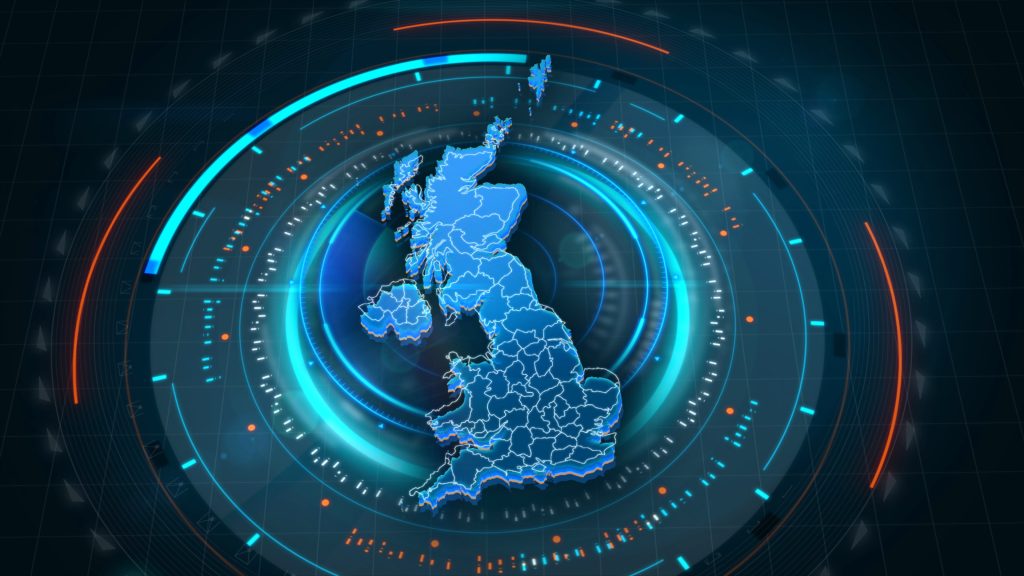UK police arrest over 1,200 after riots using facial recognition
Despite the cessation of riots, live facial recognition continues to be deployed for public safety at events and transport hubs.

In the aftermath of anti-immigration protests and riots in the UK, police have arrested 1,280 individuals, largely through the use of retrospective facial recognition. Authorities matched video footage from various sources, including body-worn cameras, social media, and CCTV, to identify and apprehend suspects. The violence, which erupted after a stabbing in Southport, resulted in the charging of 796 people by the end of August, with more suspects under investigation.
Throughout 29 demonstrations from late July to early August, the police swiftly moved cases to court. By early September, 570 individuals had faced trial, with one man receiving a nine-year sentence for arson involving a hotel housing asylum seekers. Other offenders were handed sentences ranging from two to over three years.
Why does this matter?
Despite the riots subsiding, live facial recognition remains in use for public safety. North Wales Police deployed the technology at a recent football match, scanning nearly 35,000 faces without making any arrests. Authorities clarified that the system only flags individuals on a wanted list and deletes others’ data immediately. The system has also been used at ferry ports and will soon be trialled in Hampshire, continuing to play a role in police efforts nationwide.
